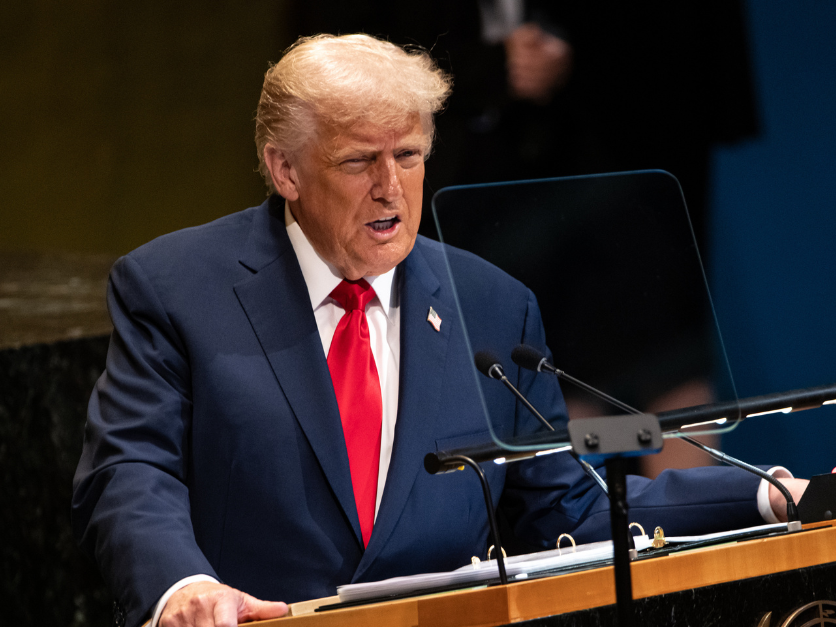Key Takeaways
- President Trump plans to impose a 100% tariff on Chinese imports starting Nov. 1 in response to China’s new export controls on critical minerals.
- The U.S.-China relations are strained, putting a planned meeting between Trump and Xi Jinping at risk.
- Concerns grow among U.S. soybean farmers over the potential impact of renewed tariffs on exports to China, a major market.
Trump’s Tariff Announcement and Its Implications
President Donald Trump announced plans for a new 100% tariff on imports from China, effective November 1, following Beijing’s decision to tighten controls on essential minerals. This escalation in U.S.-China tensions raises doubts about a forthcoming meeting between Trump and Chinese President Xi Jinping scheduled for later this month.
In a social media post, Trump expressed that China has taken an “extraordinarily aggressive position,” indicating that the tariff could be implemented sooner depending on China’s actions. He also mentioned additional export controls on “critical software.” China’s recent measures, which involve new restrictions on rare earth exports necessary for various high-tech industries, have been criticized by Trump as “sinister and hostile.”
Trump initially planned to meet Xi at the APEC summit in South Korea, but he stated uncertainty regarding the meeting’s status, saying, “I don’t know that we’re going to have it…. We might have it.” Despite the turmoil, Trump confirmed he would still attend the APEC leaders meeting.
This renewed trade friction comes on the heels of an earlier tariff truce between the U.S. and China, which had seen both nations lowering tariffs and committing to continued discussions about a long-term trade resolution. That agreement was scheduled to conclude in mid-November. Treasury Secretary Scott Bessent had previously anticipated a deal could be finalized before the deadline, but the latest developments complicate the negotiation landscape, leaving U.S. soybean farmers concerned about market access.
Caleb Ragland, president of the American Soybean Association (ASA), voiced disappointment over the current situation, expressing hope that dialogues could restore U.S. soybean exports to China, historically the largest market for American soybeans. Ragland noted that ASA is anxious about the implications of Trump’s tariff announcement and the potential cancellation of the slated Trump-Xi meeting.
Analysts have expressed skepticism about whether China is inclined to resolve ongoing trade disputes at this juncture. A trade lawyer highlighted recent aggressive actions from China, including an anti-trust investigation into Qualcomm’s acquisition of an Israeli firm and strengthened enforcement of semiconductor import controls, indicative of a broader strategy to reduce reliance on U.S. technology.
The lawyer further asserted that China seems to be testing the U.S., stating, “They’re trying to call the U.S.’ bluff and assert themselves.” With the implementation of new tariffs weakening U.S. trade ties with various nations, opportunities for China to capitalize on these strained relationships have emerged.
In summary, the recent developments reflect an intensifying trade conflict between the U.S. and China, with significant repercussions for American farmers and the broader market. The possibility of restoring trade relations remains uncertain, pending further negotiations and actions from both sides.
The content above is a summary. For more details, see the source article.















